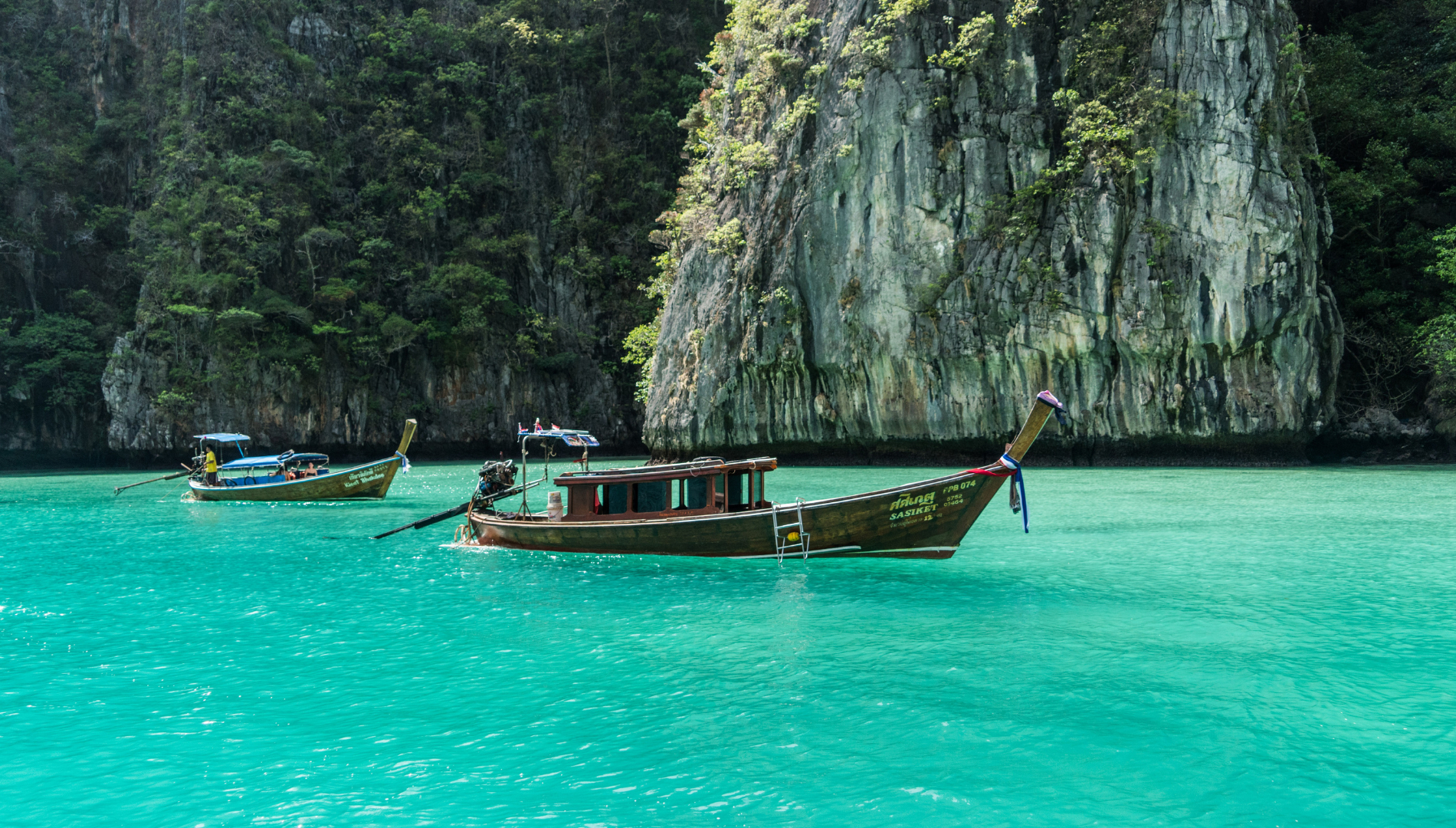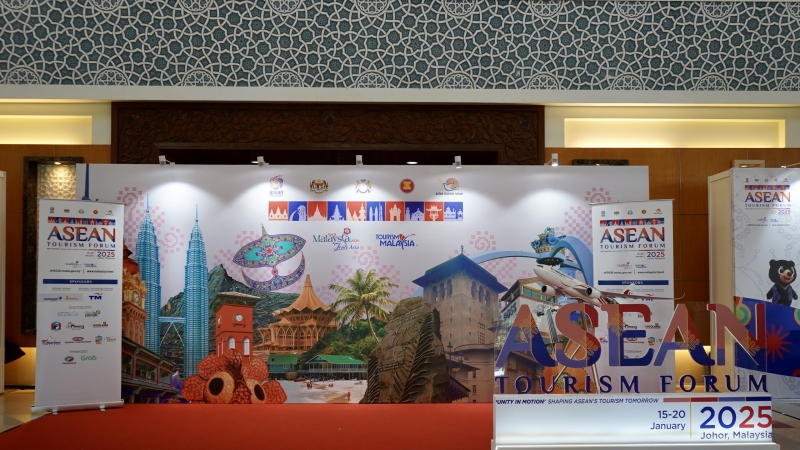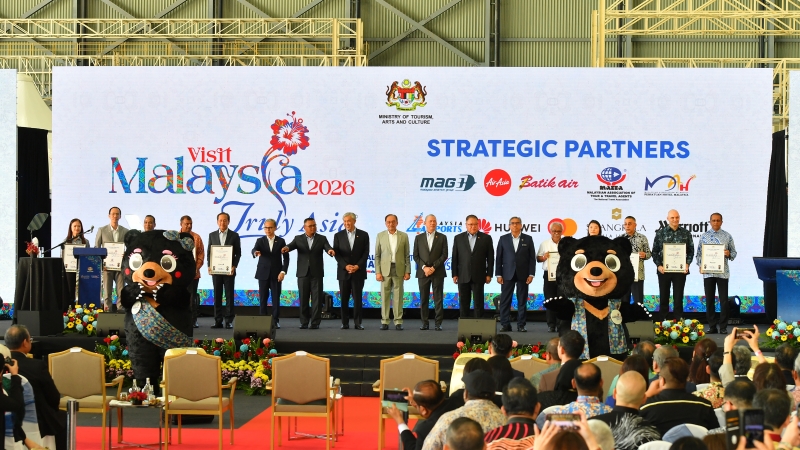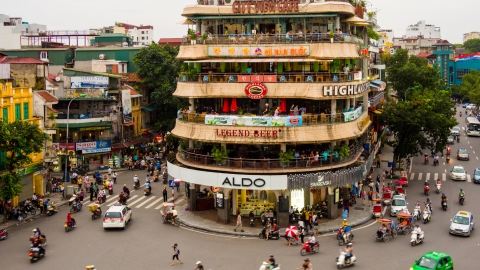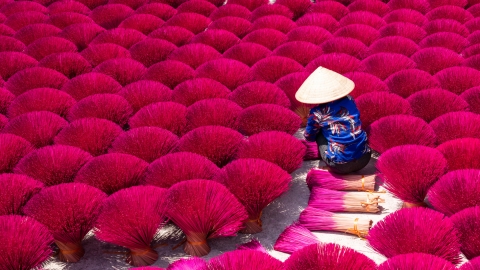Every day, Phuket – Thailand's pearl island – faces an alarming reality: approximately 1,100 tons of household waste are collected from all areas, from bustling beaches to quiet little streets. This entire enormous amount of waste is then transported to the island's only landfill, Sapan Hin, located right on the eastern coast.
Here, a heartbreaking scene unfolds: towering mountains of garbage are continuously piled up, covering a vast area. The pungent stench from the landfills permeates the air, severely impacting the lives of nearly 1,000 residents living nearby. Each day, they face severe air pollution, a proliferation of flies and mosquitoes, and a high risk of contracting environmentally related diseases.
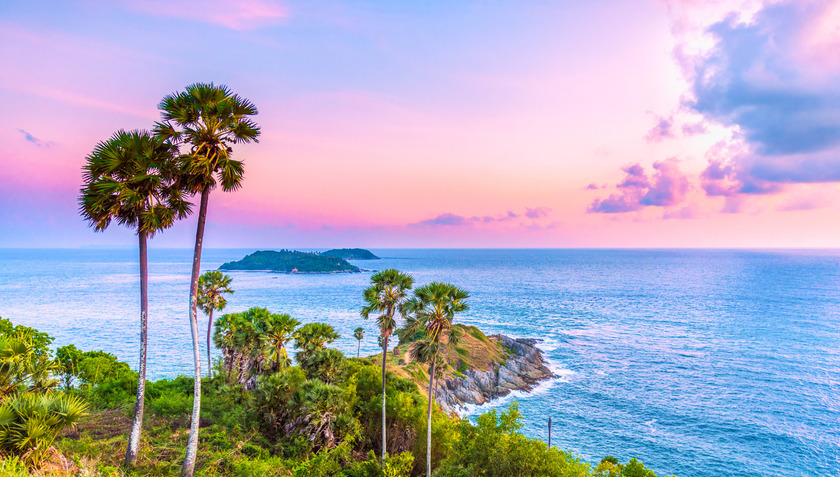
Phuket is famous as a tourist paradise, attracting millions of visitors to Thailand.
Of that enormous amount of waste, about three-quarters (equivalent to 700 tons) is sent to the landfill's incinerator for processing. However, the incinerator's capacity is limited and cannot handle the massive amount of waste dumped each day. The remaining amount, estimated at around 400 tons, continues to be dumped into the environment, causing serious pollution to the soil, water, and air.
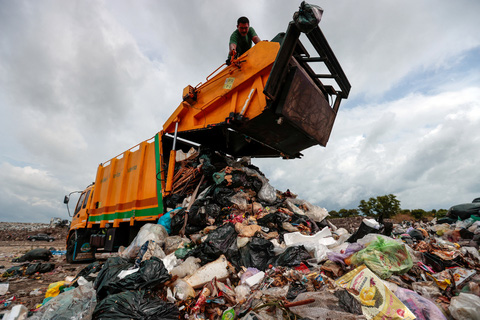
However, the area is facing a serious waste pollution problem, having to process more than 1,000 tons of waste every day.
In recent years, the island has become one of the world's most attractive tourist destinations, drawing millions of visitors annually. According to statistics, in 2024, approximately 13 million out of a total of 35.5 million international tourists visiting Thailand chose Phuket as their destination.
However, the rapid development of the tourism industry has also brought about significant negative consequences. "Phuket has overdeveloped," shared Suppachoke Laongphet, deputy mayor of Phuket City. He added that the tourism boom and rapid urbanization have led to a dramatic increase in household waste on the island, far exceeding pre-COVID-19 levels.
Despite public outcry on the island, authorities in Phuket are still struggling to find a solution to the growing waste problem. With the peak season in December each year bringing a surge in tourists, the pressure on relevant agencies to address the waste management challenge is increasing.
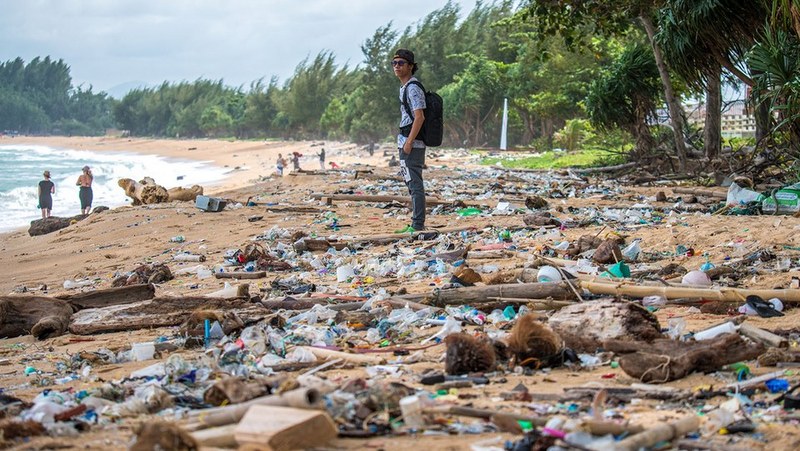
Every day, the island receives more than 1,000 tons of waste. This figure is expected to increase to 1,400 tons by the end of 2025, overwhelming the landfill.
According to Suppachoke Laongphet, Deputy Mayor of Phuket City, the volume of waste generated during the off-season, before Covid-19, never reached 1,000 tonnes per day. However, that figure has now increased to 1,000 to 1,100 tonnes per day. This number could rise to an astonishing 1,100 to 1,400 tonnes per day during the peak season, raising concerns that the landfill could be filled within a year.
"The development of Phuket city has happened much faster than necessary. We anticipate a worst-case scenario, having to prepare an area to accommodate 1,400-1,500 tons of waste per day for the next 2-3 years until the (second) incinerator is built," said the Phuket city leader.
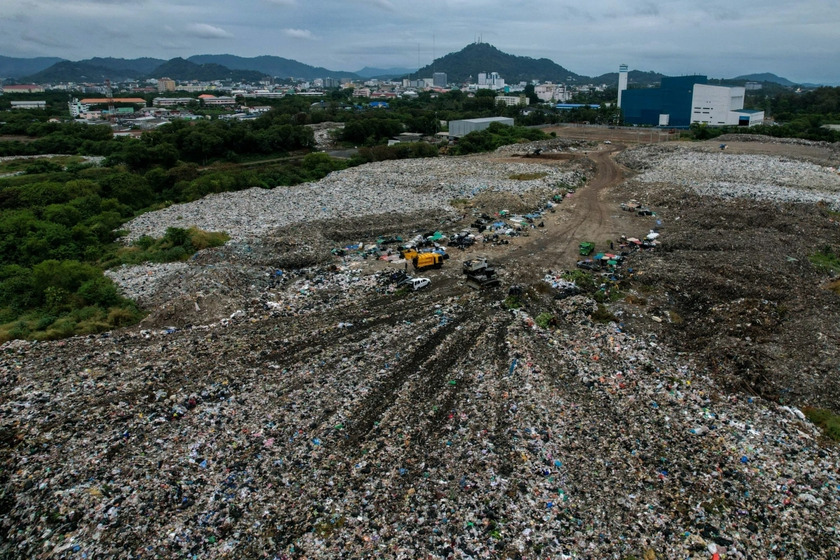
The landfill in Phuket is located next to a residential area, causing significant inconvenience to the local residents.
Currently, the Phuket government is collaborating with private and other government agencies with the goal of reducing waste by up to 200,000 tons per year. This plan includes converting waste into fuel. Meanwhile, a second incinerator is under construction in Phuket, expected to be completed by the end of 2026 or early 2027, with a daily capacity of 500 tons.
Regarding waste reduction, the Thai government, led by the Phuket Pollution and Environment Control Authority, has also set a target of reducing waste by 15% within six months. However, despite improving efforts, solid waste management experts believe more needs to be done. "Simply expanding more incinerators isn't the only solution, I don't think. I think they need to focus on waste reduction and sorting," said Dr. Panate Manomaivibool, a solid waste management expert and associate professor at Burapha University.
Recently, the Global Sustainable Tourism Council (GSTC), an international body that sets standards for sustainable tourism and travel, conducted a five-day assessment in Phuket. Preliminary findings revealed that 70% of accommodation establishments in Phuket are unregistered, leading to uncontrolled waste management and even jeopardizing tourist safety.

 VI
VI EN
EN



